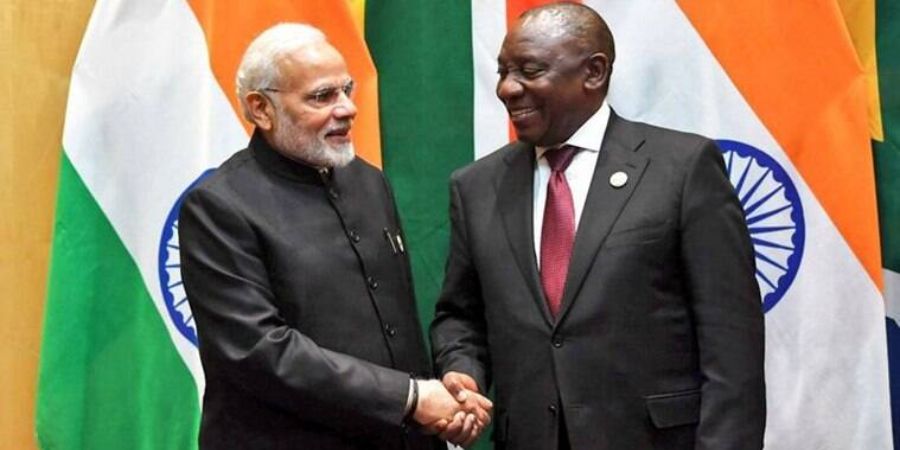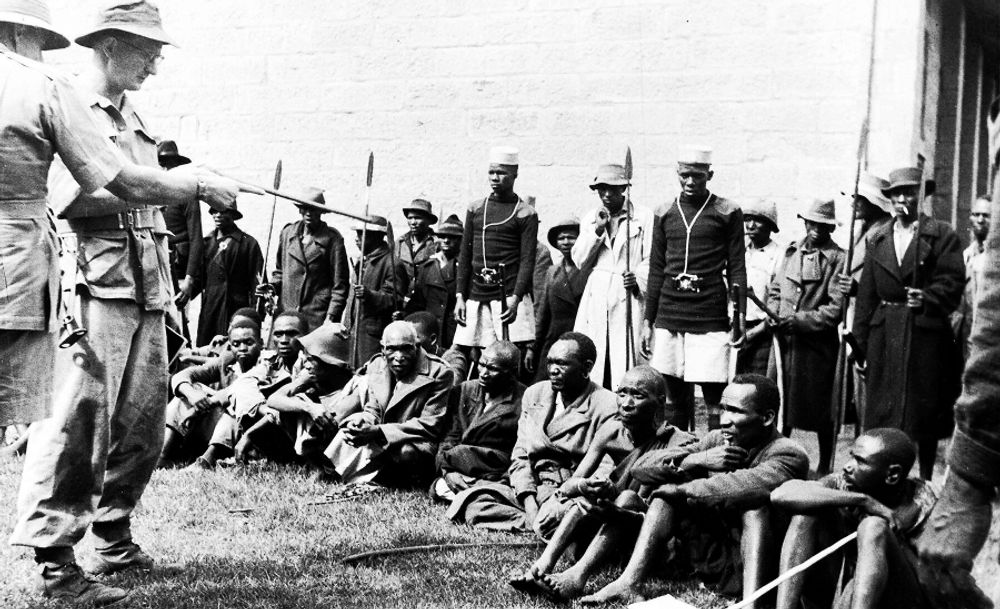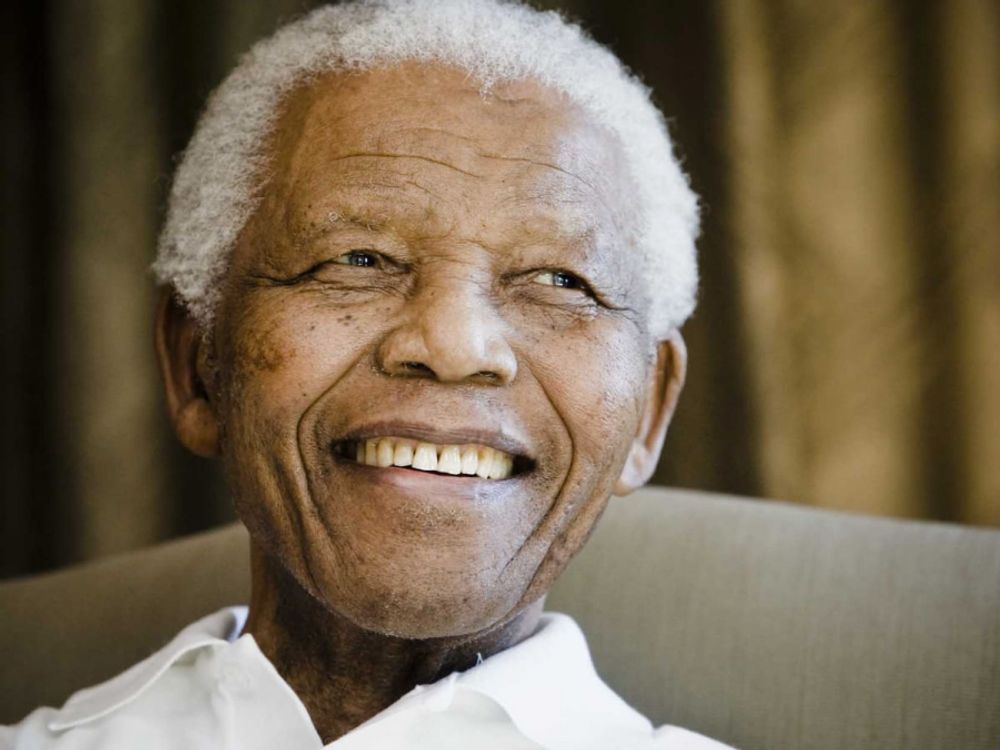

India and Africa are the two ancient civilizations. they both share a common colonial and ideological thoughts. India’s engagement with Africa in modern times goes back to the pre colonial.
Since the British colonial rule was also established in many African countries, they become instrumental in initiating the interactions between the two peoples for the purpose of colonial exploitation, cheap labour from India which was brought in many African countries to work as plantation workers.

Basically, the British government followed the policy of racialism in South Africa, the Indian laborers were subjected to various forms of racial discrimination. It was in this background that Gandhi ji went to South Africa in 1893 and launched his non-violent satyagraha against the racial policies of the white regime or britishers and this becomes the inspiration for struggle against colonialism and racialism in South Africa in future also. Nelson Mandela is also considered as “African Gandhi”.

India was the one of the first colonial commonwealth countries to get independence from colonial rule. In the second phase of India’s engagement with African countries, started with India’s persistent effort to resist colonialism and racialism in Africa and elsewhere. The new foundation of Afro-Asian Unity was laid down by Bandung conference in 1955, Which later led to the development of NAM (Non- alignment movement) in 1961. Being the leading member of NAM, India came at the forefront in the fight against colonialism and racialism in Africa.
India was the first country to raise the issue of Racism/discrimination in UN . As a result, in 1964 alone, 14 African countries become independent from colonial rule.
The NAM become a popular and natural choice for the people of Africa.
The next issue in Africa is development. India supported the cause of the new international economic order (NIEO),in 1974 Which aimed at developing a just and equitable global economic order. India also launched various development programs in African countries under the rubric of South- South cooperation.
The relations with African countries become uncertain in 1990, as India was recovering from the economy crisis and the disintegration of Soviet Union presented new global conditions before India. As India gradually emerged from the condition of post- Cold War uncertainties, India tried to renew her development partnership with African countries. The process of globalization has not worked well for the benefit of African countries. The socio- political conflicts hamper the process of development in African countries. It is in this context that India has strengthened her efforts to develop mutually beneficial partnership with African countries.




































